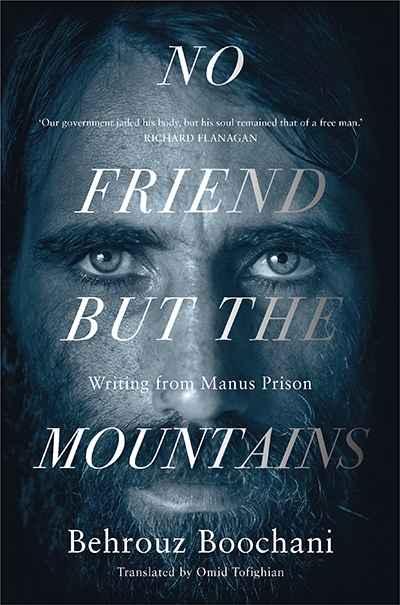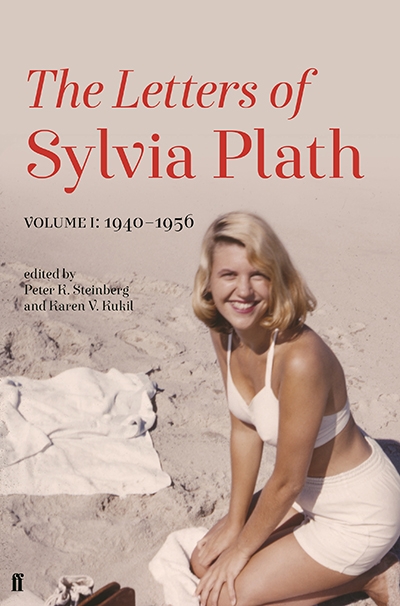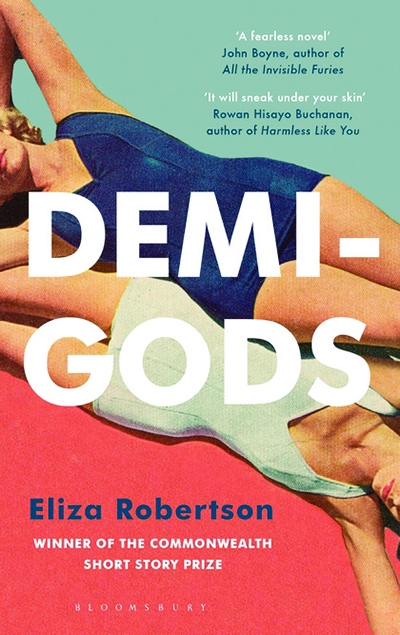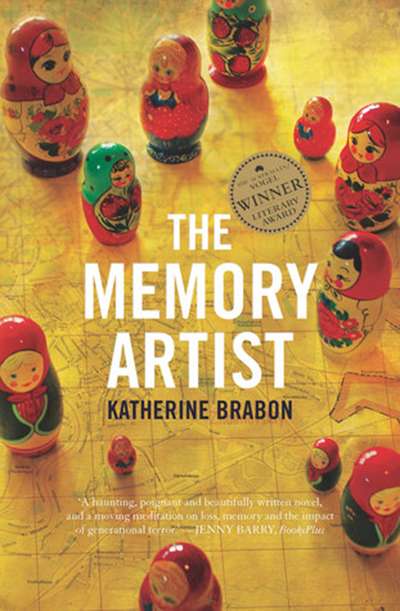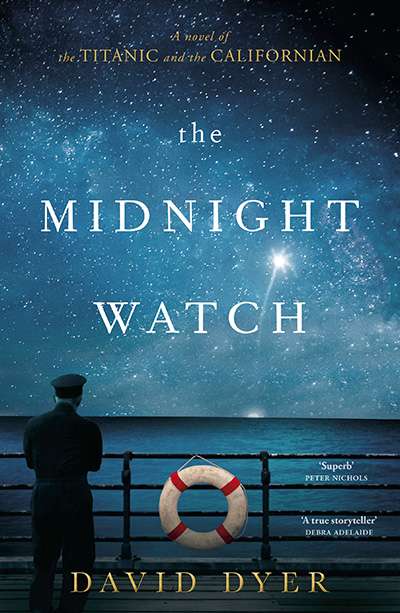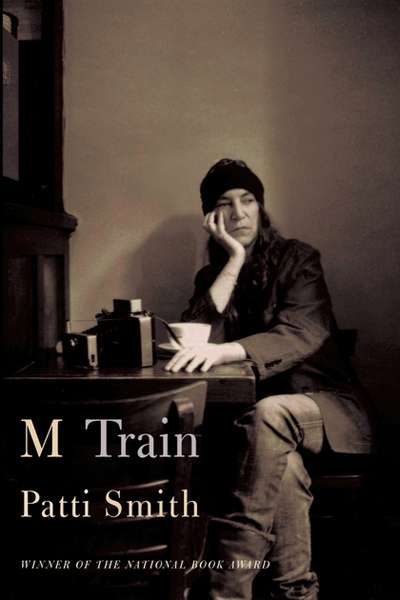Felicity Plunkett

Felicity Plunkett is a poet and critic. Her latest work, A Kinder Sea, is published by UQP. Her first collection of poetry Vanishing Point (UQP, 2009) won the Arts Queensland Thomas Shapcott Prize and was shortlisted for several other awards. She has a chapbook Seastrands (2011) in Vagabond Press’ Rare Objects series. Felicity was Poetry Editor for University of Queensland Press and edited Thirty Australian Poets (UQP, 2011). She has a PhD from the University of Sydney and her reviews and essays have been widely published in The Australian, Sydney Morning Herald, Australian Book Review, Sydney Review of Books etc. Her essay ‘Sound Bridge’, a portrait of Indigenous Australian musician Dr G. Yunupingu, was first published in Australian Book Review and anthologised in Best Australian Essays 2015 (Black Inc, ed. Geordie Williamson).
‘A letter always seemed to me like immortality because it is the mind alone without corporeal friend,’ wrote Emily Dickinson. Yet part of the lure of letters – and life writing generally – is a sense of the corporeal, the promise of discovering the writer herself. As Jacqueline Rose suggests, writing about biography and Sylvia Plath in the London Review of Books, it is tempting to imagine ... (read more)
In the preface to Demi-Gods, a boy burns moths with a magnifying glass. A girl – the novel’s narrator, Willa – watches ‘khaki wings’ that seem to be ‘folded from rice paper’. She imagines ‘ten moths circling a candle to form a lantern’, cries later, but does not stop Patrick. The wings ignite ‘like dog-eared pages in a book’.
Like dog-eared pages, Willa’s memories are fold ... (read more)
In his luminous paean to poetry, modestly titled How to Read a Poem, Edward Hirsch writes that ‘poetry is made of metaphor’. This lucid statement is beautiful enough, but as a poet, Hirsch continues, making music, elaborating, forever taking the idea onwards, upwards and outwards, with poetry’s relentless energy: ‘It is a collision,’ he writes, ‘a collusion, a compression of two unlike ... (read more)
Buy this bookby the river evokes the textures of a small Australian town in 1962 through lean episodic poems that drift along gently until moments of intensity break their banks. Through a leisurely accumulation of detail – houses on stilts, fruit bats, a blotchy carpet of mango pulp, wisteria, cricket, bags of lollies – the town comes into focus, along with the lives of its people, especially ... (read more)
For Pasha Ivanov, memory is 'a warped wound, with a welt or bruise that had arrived inexplicably late'. As the son of political dissidents in Moscow during Brezhnev's rule, his childhood memories wend between impressions of his mother leaning over the typewriter, her back's incline 'like a mountain, severe and strong', and the activists who gather in their small flat copying banned poems and artic ... (read more)
Two headlines, a day apart, evoke the confusion surrounding the fate of the Titanic in April 1912. New York's Evening Sun reported, 'ALL SAVED FROM TITANIC AFTER COLLISION'. Twenty-four hours later, The Boston Daily Globe added: 'TITANIC SINKS, 1500 DIE.' From there, the sinking of the 'unsinkable' Titanic has been the subject of conflicting accounts. Books, films, and nightmares, survivors' stori ... (read more)
Prismatic and dynamic, Australian Book Review's States of Poetry anthologies are about refraction as well as brilliance, shade and trace as much as what is lit. If anthologies generate disagreement, it is because of an illusion that they set or express the fixed amidst a mobile and vibrant set of practices. The recurring, multifarious nature of States of Poetry dispenses with that illusion. That t ... (read more)
The writer is a conductor, opines the 'vaguely handsome, intensely laconic' cowpoke who speaks to Patti Smith as she lingers at 'the frame of a dream'. His words shape Smith's days. 'It's not so easy writing about nothing,' this companion tells her, and she scratches these words over and over onto a wall in her home with a chunk of red chalk.
... (read more)
In April 2011 the Australian edition of Rolling Stone featured a cover photo of Yolngu multi-instrumentalist and singer Geoffrey Gurrumul Yunupingu. The headline ‘Australia’s most important voice’ crawls along the sleeve of Gurrumul’s pinstriped suit, while the band names The National and Primal Scream hover above his shoulder. In the midst of so much noise, the portrait by Sydney photogra ... (read more)

